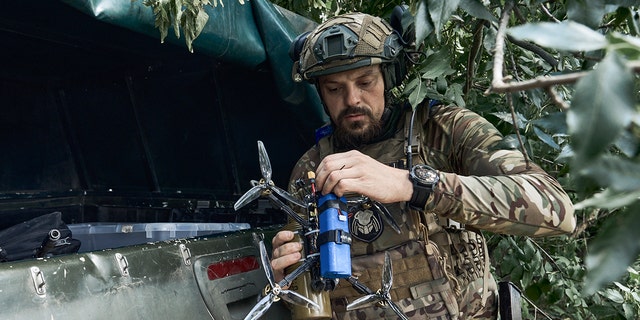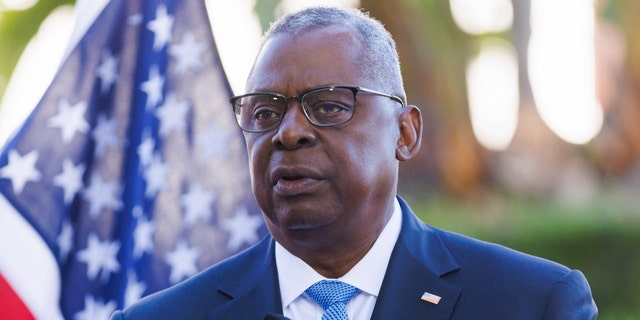Pentagon turns to Silicon Valley to accelerate AI tech development, adoption: report
Silicon Valley has started scooping up military contracts as the Pentagon turns to private companies to boost artificial intelligence (AI) development and adoption, according to reports.
“This kind of change doesn’t always move as smoothly or as quickly as I’d like,” Defense Secretary Lloyd Austin said during a speech in December to a group that included start-up tech companies.
The courtship between tech start-ups and the Department of Defense (DOD) started well before the public engagement with large language models (LLMs) like ChatGPT: Saildrone, a start-up founded in 2013, had started developing an armada of AI systems to conduct surveillance on international waters in 2021.
Alexander Karp, CEO and co-founder of Palantir Technologies, wrote an open letter to European leaders just weeks after Russia invaded Ukraine February 2022 and urged them to modernize their armies with Silicon Valley’s help.
LAWMAKERS WARN CONGRESS NEEDS BETTER UNDERSTANDING OF ARTIFICIAL INTELLIGENCE TO REGULATE
“An embrace of the relationship between technology and the state … will be required for Europe and its allies to remain strong enough to defeat the threat of foreign occupation,” Karp wrote.
The U.S. seemed to take notice and began to more directly engage with tech CEOs and start-up enterprises: The Pentagon turned more openly toward AI when it awarded Silicon Valley-based startup DeepMedia a contract to develop tech that could detect deepfake technology manipulation of media.
“We’ve been contracted to build machine learning algorithms that are able to detect synthetically generated or modified faces or voices across every major language, across races, ages and genders, and develop that AI into a platform that can be integrated into the DOD at large,” said Rijul Gupta, CEO and co-founder of DeepMedia.
EXPERT ISSUES WARNING ON AUTONOMOUS AI SYSTEMS BEING WEAPONIZED
The DOD had previously contracted with DeepMedia to create a universal translator platform to “accelerate and enhance language translation among allies,” showing intent to utilize AI both on and off the battlefield. A House bill passed last month required the Pentagon to ensure its AI development strengthened both offensive and defensive capabilities.

The New York Times reported on a number of companies that by the summer of 2023 had taken up military contracts to develop military technology, such as Capella Space’s fleet of small satellites that can track enemy troops at night – even under cloud cover.
The invasion of Ukraine provided a testing ground for this technology that might have otherwise been unavailable, and demand for such technology accelerated in the wake of an increasingly rocky international security landscape.
NEW AI ULTRASOUND TECH IS FIRST TO LAND FDA APPROVAL TO ENHANCE PRENATAL CARE
Several of those companies have pushed the power of AI as a vital tool to help boost their profile and attraction to the DOD: Almost half of Palantir’s $1.9 billion in revenues last year came from government contracts, including the promise to provide AI software for surveillance technology and data analytics, the Financial Times reported.

Investment in defense and weapons tech start-ups has doubled from $16 billion in 2019 to $33 billion in 2022, according to data from PitchBook. The NATO allies have also raised $1 billion to back start-ups that address defense and security challenges.
The Financial Times also reported that tech developer PrimerAI delivered intelligence to the U.S. shortly before Russia invaded Ukraine and has continued to play a part in analyzing Russian President Vladimir Putin’s intentions throughout the campaign.
Companies, including BlackSky, Capella Space and Planet Labs, have helped develop satellite technology that utilizes AI to provide real-time detailed overhead images that Ukraine can use to track Russia’s advance and even understand the status of those groups.
Fox News’ Peter Kasperowicz and Eric Revell contributed to this report.
Read the full article Here


